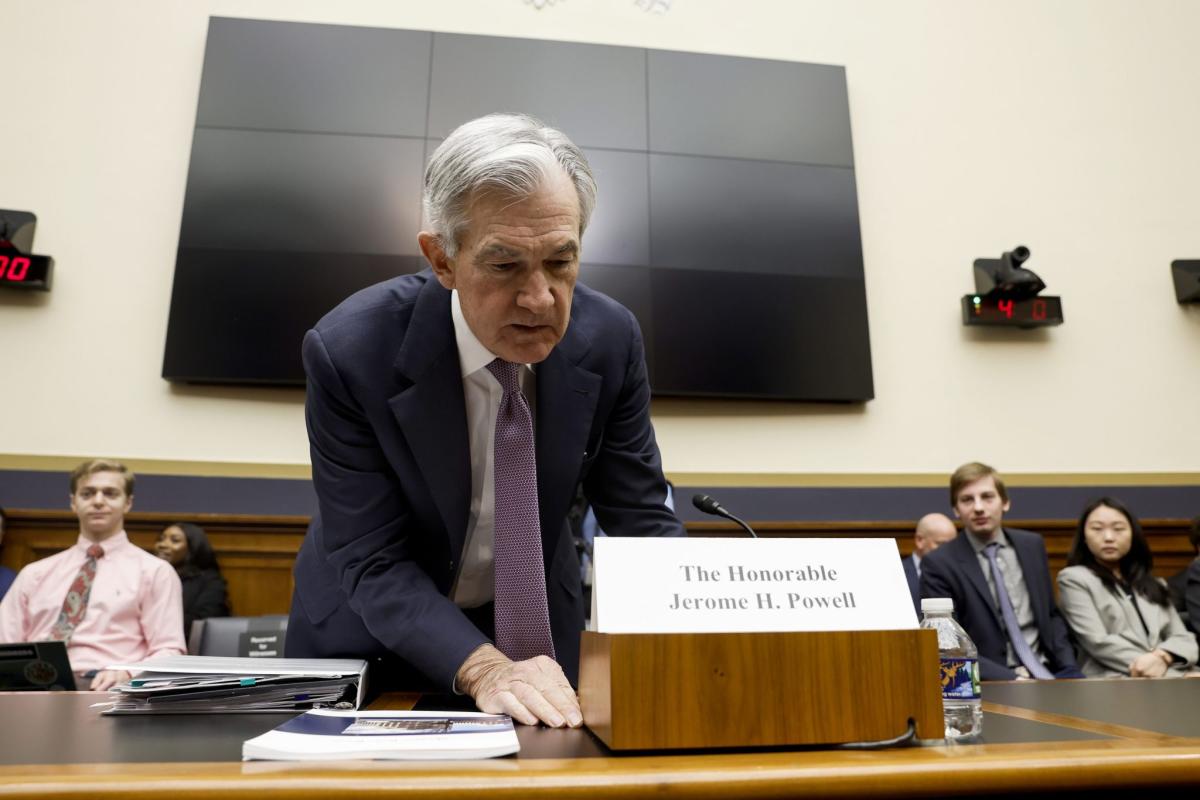Lalas
Star
- Joined
- Nov 8, 2022
- Messages
- 2,129
Revolution for the purpose of Мatriarchy in the VC???I'm here to read from KS., Lucy, OM, DR, RQ, Dalit, Morita, etc. the other women leaders and truth seekers at VC, not you. The revolution against bio-tech and the transhumanism agenda is from our sisters.
(I only have two threads and I won't try to dominate, i promise. I'm not in danger of an angry reaction, I hope.)
P.S. And I've always liked Trinity more than Neo!
Last edited:







